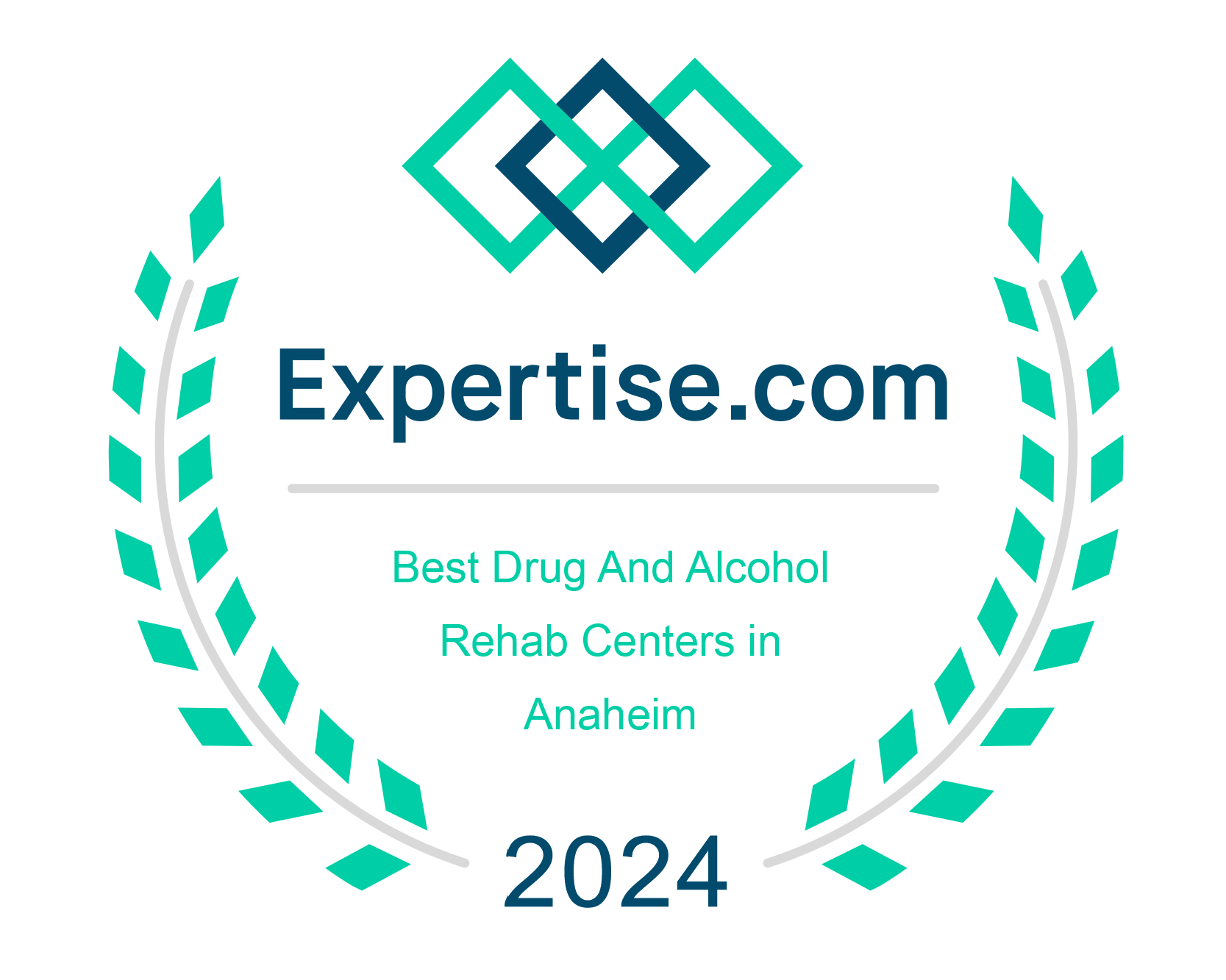In recent years, the opioid crisis has taken a deadly turn with the rise of fentanyl, a synthetic opioid that is up to 100 times more potent than morphine. This powerful drug has been a significant contributor to the increasing number of opioid-related overdoses and deaths. At Domus Retreat, we aim to shed light on this silent crisis and provide essential information on how to recognize, prevent, and treat fentanyl addiction, including options like accelerated detox under sedation.
What is Fentanyl?
Fentanyl is a synthetic opioid originally developed for pain management in cancer patients. Due to its potency, it is used in medical settings to treat severe pain. However, illicitly manufactured fentanyl has flooded the streets, often mixed with other drugs like heroin and cocaine, unbeknownst to the user. This has led to a surge in overdose deaths, as even a small amount of fentanyl can be lethal.
The Alarming Rise of Fentanyl Overdoses
According to the Centers for Disease Control and Prevention (CDC), fentanyl was involved in over 107,000 overdose deaths in 2021, and preliminary data from 2022 shows that the numbers continue to rise. This staggering figure highlights the severity of the fentanyl crisis. The drug’s high potency means that it only takes a minuscule amount to cause an overdose, making it incredibly dangerous, especially when users are unaware, they are consuming it.
Recognizing Fentanyl Addiction
Understanding the signs of fentanyl addiction is crucial in seeking timely help. Common symptoms include:
- Intense Cravings: A strong, uncontrollable urge to use fentanyl.
- Physical Dependence: Experiencing withdrawal symptoms when not using the drug.
- Tolerance: Needing higher doses to achieve the same effect.
- Neglecting Responsibilities: Ignoring work, school, or family obligations.
- Behavioral Changes: Mood swings, depression, and anxiety.
Preventing Fentanyl Overdoses
Preventing fentanyl overdoses requires awareness and proactive measures:
- Education: Informing communities about the dangers of fentanyl and how it is often mixed with other drugs.
- Naloxone Access: Making the overdose-reversing drug Naloxone more widely available can save lives. Naloxone can quickly reverse the effects of an opioid overdose if administered in time.
- Fentanyl Test Strips: These strips allow users to test drugs for the presence of fentanyl, providing a critical warning.
Treatment Options for Fentanyl Addiction
At Domus Retreat, we offer comprehensive treatment options for those struggling with fentanyl addiction:
Medically Assisted Detoxification
Our medically assisted detox program provides a safe and effective way to withdraw from fentanyl. This process involves the use of medication to manage withdrawal symptoms and ensure patient comfort.
Accelerated Detox Under Sedation
For individuals seeking a faster detox process, Waismann Method offers an accelerated detox under sedation. This method, also known as rapid detox, involves administering medications under sedation to speed up the withdrawal process while minimizing discomfort. The procedure is performed in a hospital setting under strict medical supervision, ensuring safety and efficacy.
Individualized Mental Health Support
Recognizing that addiction affects both the body and mind, we provide mental health support tailored to each individual’s needs. Our approach includes counseling, therapy, and other resources to address the psychological aspects of addiction, ensuring a more comprehensive recovery process.
Support Systems
We emphasize the importance of support systems, including family involvement and peer support groups, to provide a network of encouragement and accountability.
The Importance of Seeking Help
Fentanyl addiction is a medical emergency that requires prompt and professional treatment. The sooner an individual seeks help, the better their chances of a successful recovery. At Domus Retreat, we are committed to providing compassionate and effective care to those in need.
The Future of Opioid Addiction Treatment
The future of opioid addiction treatment looks promising, with ongoing research and advancements in medical science paving the way for more effective solutions. There is also a growing recognition of the need for policy changes to make these innovative treatments accessible to everyone, regardless of their socioeconomic status.
Conclusion
The fentanyl crisis is a growing concern that demands immediate attention and action. By raising awareness, promoting preventive measures, and offering comprehensive treatment options, we can combat this deadly epidemic. If you or a loved one is struggling with fentanyl addiction, don’t wait—reach out to us today for the help and support you need.
Take the first step towards recovery.
Contact us now to learn more about our fentanyl addiction treatment programs and start your journey to a healthier, drug-free life.Call 1-866-713-3869
Resources:
- CDC: Opioid Overdose
- Substance Abuse and Mental Health Services Administration (SAMHSA)
- National Institute on Drug Abuse (NIDA)
- Opiate Detox Under Sedation
This article authored and reviewed by Clare Waismann, M-RAS, SUDCC II, Founder of Waismann Method Advanced Treatment for Opiate Dependence and Domus Retreat, is for informational purposes only and should not be considered medical advice or a recommendation. Consult a healthcare professional for guidance and treatment options. While we strive to maintain high editorial standards, please be aware that information may become outdated. Domus Retreat, its employees, agents, and associated individuals are not liable for any errors, omissions, or consequences resulting from the use of the information provided.



















